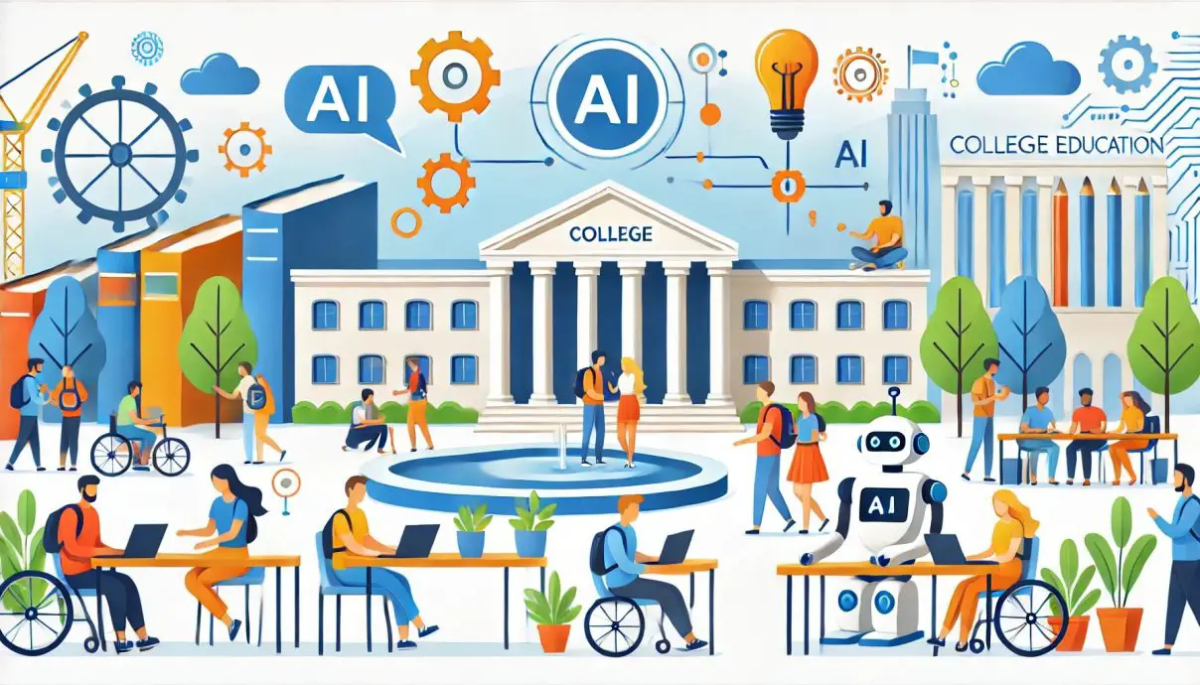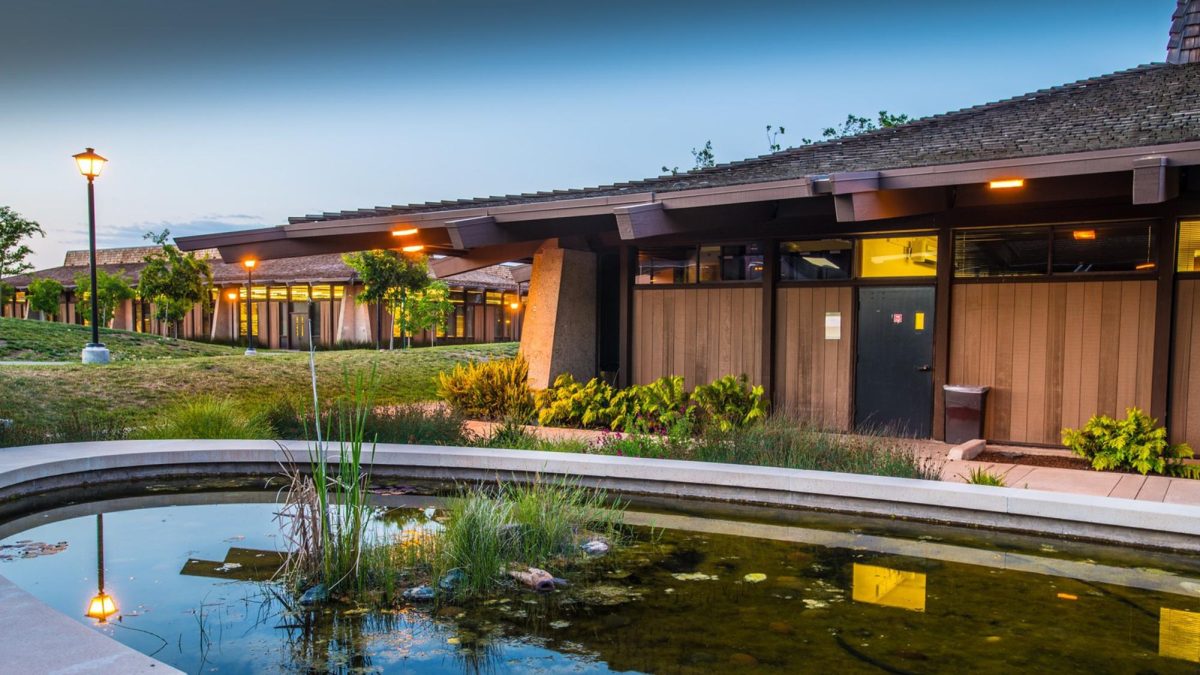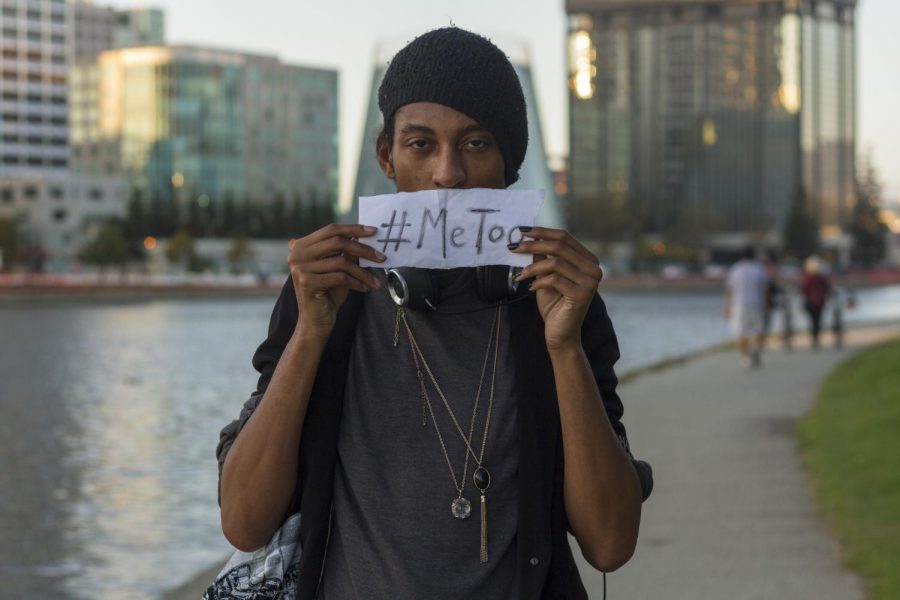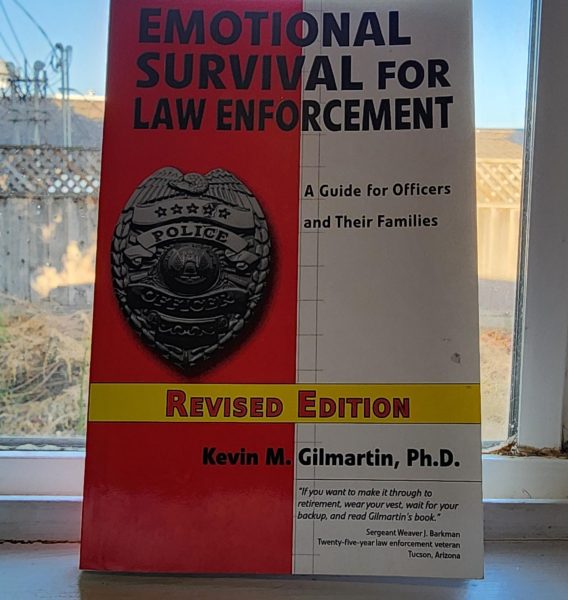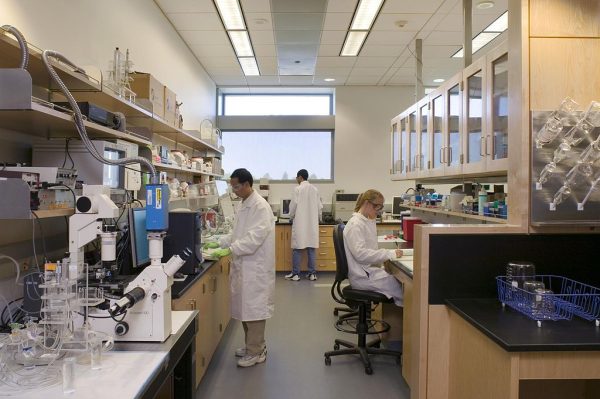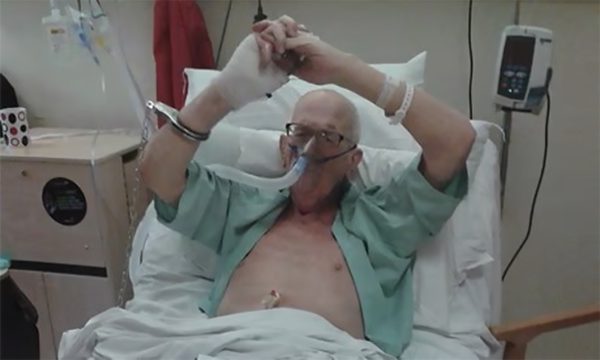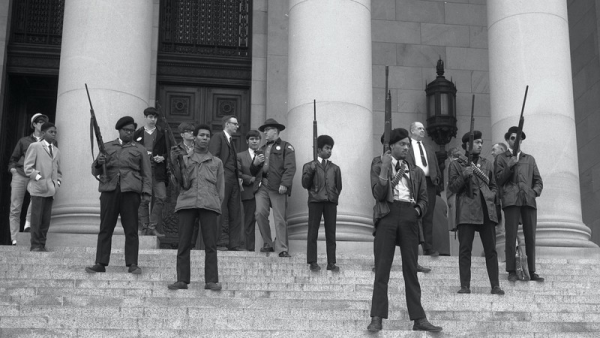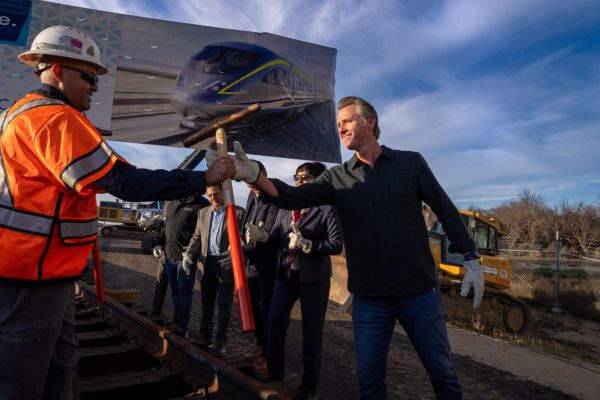Impacts of the #MeToo Campaign: from Personal to Political
The #MeToo campaign may be new to your numerous newsfeeds, but its creation likely predates your very account activation. Activist Tarana Burke started the movement all the way back in 2007; only a year after the launch of the social media superpower, Twitter, which became the primary method of sharing this now viral campaign.
In a Huffington Post interview Burke said she created the movement to connect with survivors, but that it wasn’t intended to become the mass movement it now is. On Oct. 15th Actress Alyssa Milano initiated the popularization of the hashtag “MeToo” on social media, and encouraged others to share their experiences in hopes that doing so would “give people a sense of the magnitude of [sexual assault].”
When I opened my phone the morning of October 16th I was overwhelmed by posts from friends and family who, in varying detail, decided to open up about their sexual assault stories online. Even if one takes issue with certain aspects of the campaign — perhaps its execution or its potential to trigger victims — the #MeToo campaign has undeniably brought victims of sexual assault together while illustrating the frequency of offenses in our society historically and presently.
“I was overwhelmed by posts from friends and family.”
In the days since the advent of #MeToo, I have seen dozens of stories from past teachers of mine, current colleagues, even my mother’s closest friends — people I never would’ve guessed experienced abuse, people I thought I knew inside and out. I knew the statistics, that one in six women will be sexually assaulted in their lifetime, but not until those numbers were given names and faces did I begin to see how disturbingly common this crime is in our culture; nor how hidden the instances of it are in our everyday lives.
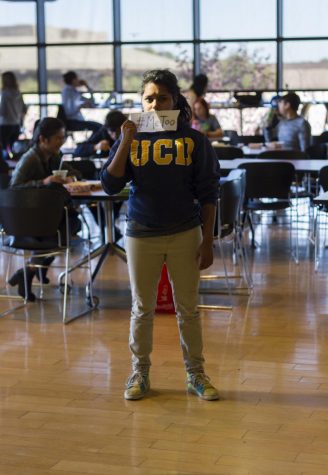
Of course, I also felt the discomfort expressed by many users online — #MeToo made things personal. It left a bitter taste in my mouth, made me relive my personal experience with abuse and made my stomach turn; it robs me of my focus. I draw a blank in conversations, suddenly I can’t remember how my weekend was or what my boss had asked me to do five minutes earlier. The rest of my day, if not week, is marred by the angry, depressed state I fall into when these memories are in focus. For a long time, I shut out those feelings and labeled them as unproductive — but I now realize that the uncomfortable pit in my stomach means this is an issue that cannot remain hidden. It hurts but when we rip off the band-aid and take the initiative to raise awareness, we make a move towards a world without this volume of systemic abuse.
With the conversation mainly focused on the surprising amount and identity of survivors, rarely is it mentioned that for each #MeToo post there is at least one unseen and unnamed offender. An ABC News article titled “Myths About Sex Offenders,” shares that sexual harassment assault have notoriously low “report” rates — meaning victims are unlikely to come forward and seek help from law enforcement. It was then calculated that roughly 90% of all sex offenders have never been charged, nor questioned, for their offenses. They live among us and are often protected crippling fear instilled in their victims. They infest every corner of our lives, the President himself being a particularly telling example.
“The justice we seek for crimes committed against us must originate in a world where abusers know that their actions are no longer secret.”
Victims who do speak out often seek outside support, like I did a few years back. Therapists, medications, and entire businesses are devoted to providing support and aid for survivors of sexual violence and assault. In 2010, The Veterans Affairs department spent $872 million dealing with the health issues of veterans who experienced sexual assault — and again that’s for veterans alone, excluding those still in service.
The justice we seek for crimes committed against us must originate in a world where abusers know that their actions are no longer secret. That their faces in association with their actions exist not only in the minds of their victims, but in the public record. They need to know that society will favor them no longer; and neither will a grand jury when they are tried in court. The Donald Trumps and Harvey Weinsteins of the world need to know that their celebrity standing does not absolve them of accountability for their actions.
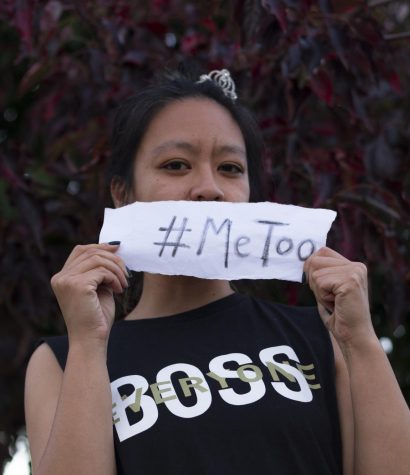
We must create a culture in which victims do not fear speaking out, one where perpetrators fear the consequences of their crimes. A recent New York Times article declares the Harvey Weinstein case has opened the floodgates in Hollywood. This coverage demonstrates the serious recognition that the epidemic levels of sexual assault in our society deserve. Once the floodgates are open there is no going back, and it is up to us to continue the conversation and enact harsher and more appropriate policy.
We are all at risk in a society that does nothing. But the more we speak out and raise awareness for those in need, the more we tighten our grip on those who threaten the safety and security of all members of society, the less likely it is that future generations will endure the same level of abuse that has thus far been permitted.

